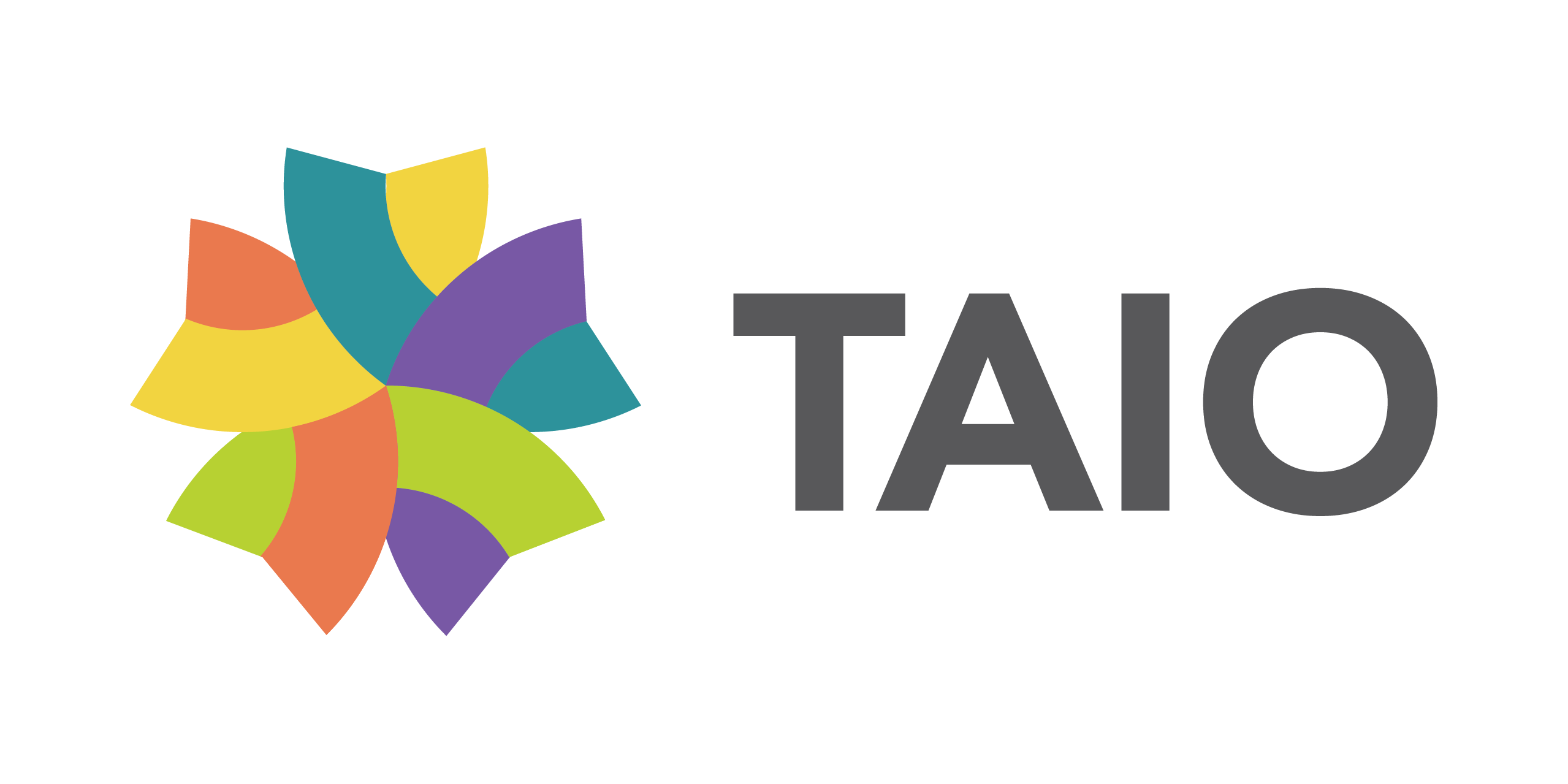Outsourcing is a hot topic among business owners today. But many worry it could affect company culture and job security for in-house teams. And with good reason. However, by exploring these fears and debunking misconceptions, we can reveal how strategic outsourcing benefits both the company and its employees.
On this page
Key Takeaways

Outsourcing reallocates rather than eliminates positions.

Outsourcing routine tasks allows in-house employees to focus on more meaningful work, improving job satisfaction.

Outsourcing helps manage workforce shortages and maintains operational efficiency, supporting a more engaged and sustainable work environment.
How Does Outsourcing Affect U.S. Companies and Workers?
Throughout the business world, companies outsource for a slew of reasons. It can be a big part of their business strategy for increased competitiveness. Of course, there are pros and cons. Among the many benefits are the ability to cut costs and gain access to a larger talent pool.
This is particularly helpful in an unstable or competitive labor market. Outsourced jobs can include much needed technical support or handle human resources. And many companies relegate their customer service to call centers in other countries.
A third party company managing one or more tasks can free up an onshore team to focus on their core operations. Hiring workers who already have the necessary expertise result in saving money when it comes to training. It can also mean outsourcing manufacturing.
On the other hand, outsourcing can also have a negative effect. A company outsourcing particular tasks can affect team dynamics and company culture in different ways. People may worry that bringing in an outsourcing company will disrupt their daily workflow and negatively affect company culture.
Can Outsourcing Negatively Affect Company Culture?
Like with any strategy, there are always potential drawbacks when you outsource. Many believe it could reduce employment opportunities for American workers. One of the primary concerns employees may have about outsourcing is the fear of being replaced. And hiring from other countries may not sit well with your current personnel.
This is understandable, as outsourcing can sometimes lead to lower wages, role redundancies, or changes in jobs. In this sense, it could do more harm than good, which is a major problem that can have a negative effect. However, outsourcing often reallocates positions rather than eliminating them, allowing businesses to optimize their workforce.
When choosing an outsource partner, it’s crucial to discuss and agree upon the expected quality upfront. Provide direction so that they align with your goals. Ensuring that in-house employees and outsourced teams work together smoothly is key to preserving company culture.
Challenges in Dealing with Outsourcing
When you outsource, employees may face other challenges. These can include communication issues with outsourced teams. It introduces uncertainties about the future of their roles within the company.
Some other ways outsourcing can have a negative impact is decreased morale and engagement. Cultural differences or working with a team in a different time zone can also be disruptive. Teams will need to adjust to new processes or working with outsourcing companies, which can affect productivity and create tension.
Communication remains key. It typically means discussing these challenges proactively and providing support to employees throughout the process.
Positive Impacts of Outsourcing for In-house Staff
Enhancing Job Satisfaction
Outsourcing routine tasks significantly boosts employee satisfaction. Often, in-house staff feel overwhelmed by their extensive duties. This burden can lead companies to explore outsourcing options.
For example, one home healthcare agency we worked with reached a critical point. Their employees warned of a mass resignation if their workload wasn’t reduced. By delegating repetitive tasks to an outsourced team, staff can focus on more impactful work. This alignment with their skills and interests leads to higher job satisfaction and engagement.
Professional Growth Opportunities
It also creates opportunities for professional development among in-house staff. With certain tasks outsourced, workers have more time to undergo training and upskill themselves in areas that are crucial for their career advancement. This not only benefits more employees, but also enhances the overall skill set and expertise of the in-house team.
Maintaining Quality of Care
Contrary to common belief, outsourcing can improve the quality provided by companies. By outsourcing routine tasks, the core team can concentrate on their expertise and deliver high-quality services to clients. This focused approach to work ensures that the company maintains its standards of care and excellence.
Staff Changes
While outsourcing may lead to some staff changes, it’s important to note that this is a natural part of business evolution. The best performers within the company are often recognized and promoted to higher positions. Those who are not performing at the expected level may choose to leave. These changes contribute to maintaining a high-performing team and ensuring that the company continues to deliver exceptional services.
Strategic Advantages for the Business Owner
#1 Cost Efficiency and Operational Flexibility
Outsourcing offers significant cost efficiency for businesses. By outsourcing tasks, companies can reduce labor costs and overhead expenses associated with hiring and training workers.
Additionally, outsourcing provides operational flexibility, allowing businesses to scale their operations up or down quickly in response to changes in demand. It can even expand your business hours. Offshore call centers can cater to customer concerns round the clock.
This flexibility is particularly beneficial for companies operating in industries with fluctuating demand or seasonal peaks.
#2 Long-term Stability and Scalability
There are also benefits that can contribute to a business’s long-term stability and scalability. By tapping into a global talent pool, businesses can access specialized skills and expertise that may not be available locally. This allows businesses to expand their operations and enter new markets with ease.
Furthermore, it can help businesses manage staff turnover by ensuring continuity in operations and minimizing disruptions. Overall, it can be a strategic tool for businesses looking to achieve long-term growth and success.
#3 Managing Labor Costs
Labor costs are a significant concern for businesses, and strategic outsourcing can be a valuable tool for saving money and resources. When they outsource certain tasks, businesses can reduce the need for additional full-time workers. This comes with cost savings on salaries, benefits, and training expenses.
Outsourcing also allows a company access to specialized skills and expertise without the need for costly in-house training programs. Overall, strategic outsourcing can help them reduce costs and improve their bottom line.
If you don’t outsource, you may experience:
- Increased manpower costs
- Increased recruitment and HR costs
- Increased operational expenses such as office space and equipment
- Reduced competitiveness in the market
- Limited access to specialized skills and expertise
However, if you do choose to outsource, you can benefit from:
- Lower labor costs
- Operational efficiency
- Access to a global talent pool
- Improved focus on core business activities
- Enhanced scalability and flexibility
Perhaps more importantly, outsourcing does not have to take jobs away from Americans. Year-on-year unemployment rate since 2022 has been steady while outsourcing revenue in the US has increased in the past decade. Instead, it can provide stability, job security, and longevity. It can allow your business to adapt to changing market demands and focus on sustainable growth.
Strengthening Company Culture Through Strategic Outsourcing
One of the key challenges in outsourcing is ensuring that outsourced teams are integrated into the company’s culture. To address this, businesses can implement strategies to promote cultural integration and employee engagement.
This can include regular communication between in-house and outsourced teams, cultural sensitivity training, and creating opportunities for virtual team building activities. By fostering a sense of belonging and teamwork among all employees, a company can maintain a strong organizational culture even when working with outsourced teams.
The Transformative Power of Strategic Outsourcing

Choosing the right partner means enjoying all the benefits outsourcing can offer. It can have a profound impact on employee engagement and satisfaction. Selecting an outsource partner that aligns with your company’s values and culture can ensure seamless integration with your business.
When you successfully outsource, you can maintain a positive work environment. You can provide in-house staff opportunities for professional growth and development, further enhancing job satisfaction.
These outsourcing solutions can virtually eliminate staff shortages. They give healthcare organizations access to skilled professionals and allow them to scale quickly. By integrating outsourcing, home healthcare providers can keep RCM processes running and adapt to changing needs regardless of local workforce challenges.
Frequently Asked Questions
Outsourcing does not necessarily take away American jobs but rather reallocates them. It allows businesses to optimize their workforce and focus on core aspects, which can lead to overall growth and employment opportunities
While it does have its pros and cons, you can still get several benefits when you outsource. These include lower labor cost, access to global talent, operational flexibility, and the ability to focus on core business activities.
To ensure quality, a business should carefully vet potential outsource partners. Establish clear communication channels, set quality standards and expectations, and monitor performance regularly.




